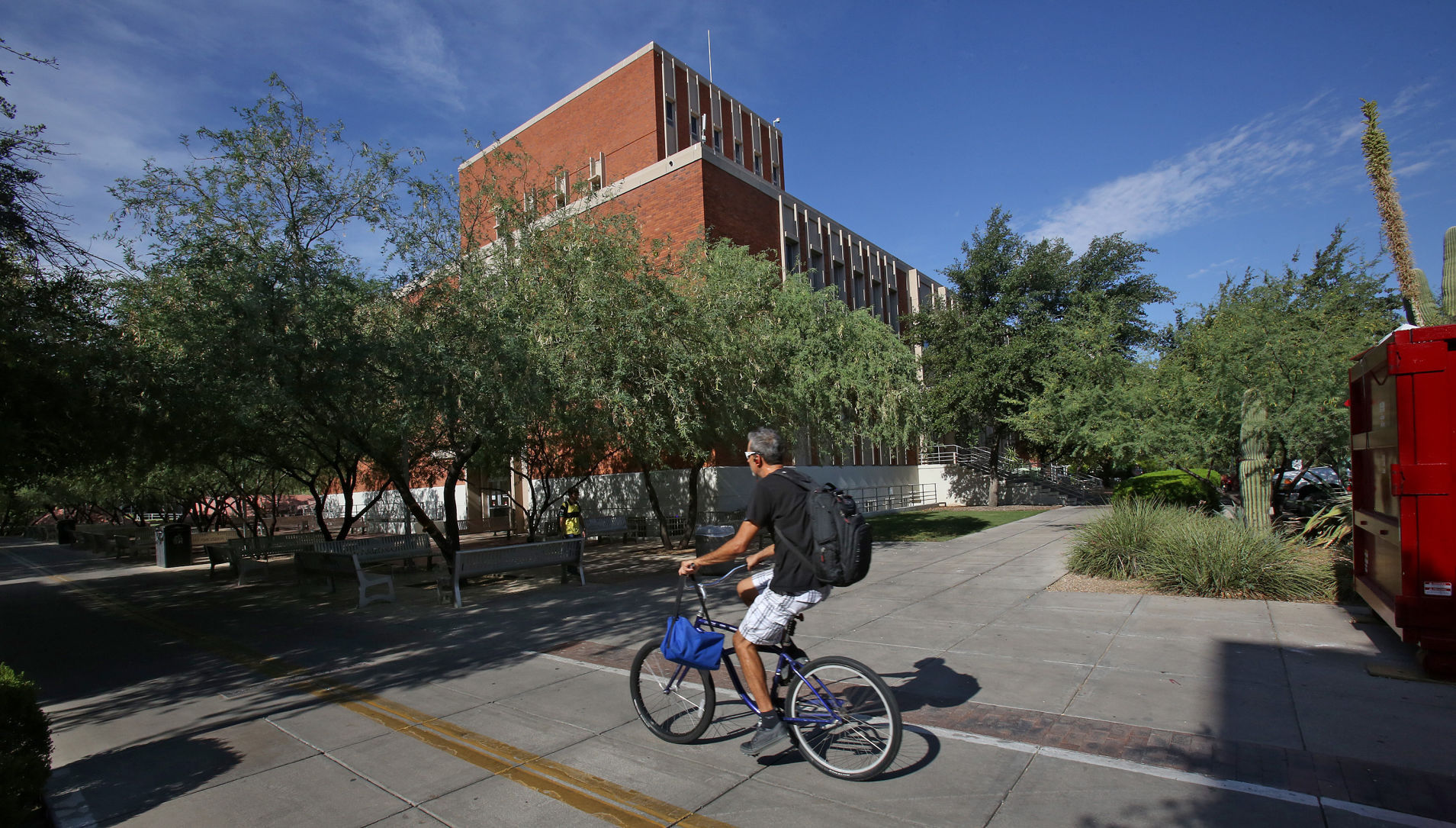
U of A Faces Backlash Over Deep Cuts to Cooperative Extension
The University of Arizona has found itself at the center of sharp criticism following its decision to slash over $600,000 from the Cooperative Extension program — a move many are calling not only shortsighted but potentially damaging to the university’s historic land-grant mission. The Cooperative Extension, a pillar of U of A’s service to rural and agricultural communities across the state, is now being forced to operate under tighter constraints as part of broader budgetary cuts instituted for fiscal year 2026.
Speaking out strongly against these reductions, faculty leaders Leila Hudson and Katie Zeiders have voiced serious concerns. Hudson, Chair of the Faculty, expressed surprise at the cuts, pointing out that Cooperative Extension is largely funded by the state — unlike many other university units. “It might compromise our understanding with the state about how the land-grant mission is interpreted and funded,” she warned. That mission, deeply rooted in public service and agricultural education, now appears to be at risk.
Also Read:- Remembering Andrea Gibson: A Voice That Made Us All Feel More Alive
- The Chaotic Tragedy of Constance Marten and Mark Gordon
Zeiders, Secretary of the Faculty, echoed these sentiments, stating that past attempts to raise red flags about spending limitations were ignored by administration. According to her, the Cooperative Extension’s funding was designated by the legislature with explicit community-focused goals. Reducing its budget, she argues, goes against that mandate and threatens to unravel the impact of Extension staff and programs in Arizona’s most underserved areas.
While UA administration insists that Cooperative Extension is not being singled out — and that these cuts are part of a broader, university-wide effort to balance the budget — critics remain unconvinced. The broader context reveals a $65 million deficit inherited from previous years, prompting a 3% cut across all departments. Still, the impact on programs like Extension and the Arizona Experiment Station, which is also seeing nearly a 10% cut, is particularly concerning given their reliance on outdated infrastructure and their essential role in serving rural communities.
The challenges don’t stop there. Federally funded initiatives like the SNAP-Ed program, which helped educate vulnerable populations about nutrition and health, are also being eliminated, affecting over 70 staff statewide. These cumulative losses have faculty and community leaders worried that the university is losing sight of its core obligations, trading long-term community support for short-term financial recovery.
In response, CALES leaders are trying to look ahead, with goals that include rebuilding infrastructure, recruiting visionary leadership, and reestablishing stability. But even interim Dean Michael Staten admits that the team is “stretched thinly” and must be more selective moving forward.
Despite some bright spots — like targeted funding for the Water Irrigation Efficiency Program and the Yuma Center for Desert Agriculture — these are one-time appropriations, not sustainable solutions. The message from concerned faculty is clear: cutting Cooperative Extension may balance the books today, but it risks unraveling the university’s deep ties to the people and communities it was built to serve.
Read More:

0 Comments